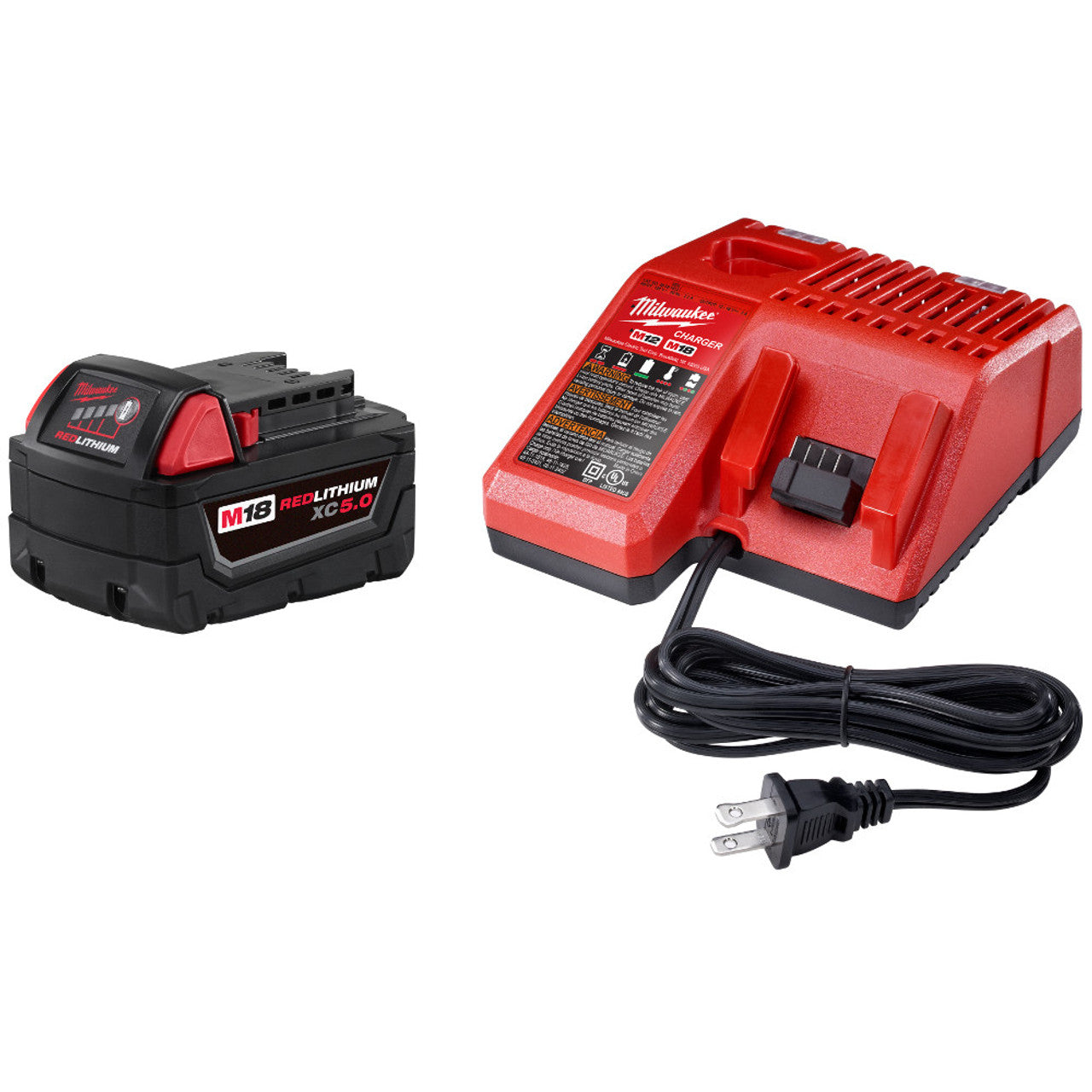Imagine you’re in the middle of a busy workday at the shop. A customer needs a tire change, but the manual jack you’re using is taking longer than expected, and the clock is ticking.
Then, the next job comes in—a rusted bolt that won’t budge. You’re sweating over it when you think, “If only I had a more efficient tool”.
This is where an air compressor could save the day.
An air compressor is a game-changer in any mechanic’s workshop. With the ability to power pneumatic tools, it can make stubborn bolts, time-consuming inflations, and even detailed spray painting feel effortless.
The efficiency and speed it brings are second to none, helping you get through jobs faster while saving energy and reducing manual labor.
In this article, we’ll dive into what an air compressor is, how it works, and five reasons why having one in your workshop can drastically improve your workflow and productivity.
If you’ve ever found yourself wishing for more power and speed in your day-to-day tasks, this might be the solution you need.
Let’s dive in!
What Is An Air Compressor?
An air compressor is a device that converts power into potential energy stored in compressed air. This stored energy can then be used to power a wide range of pneumatic tools and equipment in your workshop.
In essence, it acts as a power source for tools that require high force without relying on electricity.
Core Components of an air compressor include:
- Motor: Drives the compressor to create compressed air.
- Pump: Pulls in and compresses the air.
- Storage Tank: Holds the compressed air until it’s ready to be used.
- Regulator: Controls the pressure of the air released from the tank.
There are three main types of air compressors commonly used in automotive and mechanic workshops:
Reciprocating Air Compressors
These use pistons to compress air and are commonly found in small to medium-sized shops. They are versatile and well-suited for tasks like tire inflation and powering impact wrenches.
Rotary Screw Air Compressors
Often used in larger garages, these compressors use rotating screws to compress air. They are known for delivering continuous, high-volume airflow, making them ideal for high-demand applications like spray painting and sanding.
Centrifugal Air Compressors
Typically used in industrial settings, these compressors use centrifugal force to generate airflow. While not as common in mechanic workshops, they provide a reliable source of compressed air for high-demand tools.
In a mechanic’s workshop, an air compressor powers a variety of essential tasks, such as inflating tires, operating impact wrenches for faster loosening and tightening of bolts, and applying smooth, even coats of paint.
No matter the size of your garage, an air compressor can be tailored to meet the specific demands of your tools and workload.
How Does an Air Compressor Work?
To understand how an air compressor works, think of it as a giant pump that forces air into a confined space, increasing its pressure. Here’s a simplified look at the process:
- Intake: Air is drawn into the compressor’s chamber through an intake valve.
- Compression: The compressor uses a piston, screw, or other mechanism to squeeze the air, reducing its volume while raising its pressure.
- Storage: The compressed air is then stored in a tank under pressure, ready to be used as a power source.
When you attach a pneumatic tool to the compressor, the compressed air is released in controlled bursts, providing the necessary power to operate tools like impact wrenches, spray guns, and ratchets.
PSI (pounds per square inch) and CFM (cubic feet per minute) are two critical metrics when it comes to air compressors. PSI measures the amount of pressure the compressor can generate, while CFM refers to how much air volume it can deliver.
For example, a higher PSI is ideal for tasks that require more force, like loosening stubborn bolts, while higher CFM is important for continuous airflow applications like spray painting.
In your garage, knowing these numbers ensures you choose the right compressor for your pneumatic tools, helping you work more efficiently and with less effort.
5 Reasons Why You Need an Air Compressor in Your Workshop
An air compressor is more than just a power source—it's a tool that can revolutionize your workflow in the garage. Here are five compelling reasons why every mechanic should have one in their workshop:
1. Power for Pneumatic Tools
Pneumatic tools powered by an air compressor are faster and more efficient than their manual or electric counterparts.
Whether you're using an impact wrench to loosen tight bolts, a ratchet for precise tightening, or a spray gun for a flawless paint job, the compressed air ensures smooth operation and consistent power.
Unlike electric tools, pneumatic tools run cooler and don't overheat as quickly, making them ideal for long workdays in the shop.
The sheer force an air compressor can generate with the right tool attachment also allows you to complete jobs that would otherwise be tedious and time-consuming.
MPR’s Pick: Rodac RDR39980 Compressor 5Hp 20 Gallons 5Hp
2. Time and Labor Savings
One of the biggest advantages of using an air compressor is the time it saves on repetitive tasks. Inflating tires, cleaning equipment, and using air-powered ratchets are tasks that can be done in a fraction of the time compared to manual labor.
This means faster turnaround for repairs and maintenance jobs, which directly translates into increased productivity for your shop.
Additionally, using an air compressor reduces physical fatigue. Since the tools do most of the work for you, you’ll have more energy to handle the next job efficiently, even during long shifts.
MPR’s Pick: Milwaukee Tool 2840-20 2 Gallon Oil-Free Hand Carry Air Compressor
3. Versatility for Multiple Jobs
The beauty of an air compressor is its ability to handle a wide range of tasks in the garage. From sanding and painting to inflating and tightening, it’s a multipurpose tool that can be used across various vehicle systems.
If you’re working on tires, engines, or bodywork, there’s definitely an air tool that can handle the job.
Because of its versatility, an air compressor eliminates the need to buy multiple specialized electric tools. Instead, you can invest in pneumatic alternatives that are often more affordable and just as powerful.
MPR’s Pick: LOKITHOR JA301 2000Amp 12V Car Jump Starter with Air Compressor
4. Cost-Efficient Power Source
An air compressor offers a more cost-effective solution compared to electric-powered tools. Since it powers multiple tools without the need for separate motors, you’re looking at fewer breakdowns, less maintenance, and cheaper energy costs.
Over time, you’ll notice lower operational expenses and a higher return on investment, particularly when you’re running multiple jobs in a busy shop.
Additionally, pneumatic tools experience less wear and tear because of the reduced heat generated during use. This means your tools last longer, reducing replacement costs.
MPR’s Pick: BE Power Equipment AC908HB2 8 GALLON PORTABLE GAS AIR COMPRESSOR
5. Durability and Reliability in a Busy Garage
Air compressors are built for heavy-duty, long-term use, making them the ideal choice for a busy garage environment. They’re designed to withstand frequent use, handle large workloads, and run for extended periods without compromising performance.
Many compressors require minimal maintenance, so you spend more time working and less time worrying about repairs.
Whether it’s a large rotary screw compressor or a compact reciprocating one, you can rely on its durability to meet the demands of your shop day in and day out.
MPR’s Pick: Rodac RDIHP5120H1 20 Gal Air Compressor With Bel
Choosing the Right Air Compressor for Your Workshop
Selecting the right air compressor for your workshop depends on a few key factors:
PSI (Pounds per Square Inch)
This measures the pressure an air compressor can generate. For mechanics, tools like impact wrenches, ratchets, and spray guns usually require 90 PSI or higher to perform optimally.
CFM (Cubic Feet per Minute)
CFM indicates the volume of air a compressor can deliver. Higher CFM is important for tools that need continuous airflow, such as sanders and spray guns.
A good rule of thumb is to ensure the compressor’s CFM is slightly higher than what your most demanding tool requires.
Tank Size
The size of the air compressor’s tank determines how long you can use your tools before the compressor needs to refill the air.
A larger tank size (e.g., 20 gallons or more) is ideal for extended jobs without interruption, while smaller tanks work for quick, light tasks.
Compressor Type
Whether you choose a reciprocating, rotary screw, or centrifugal compressor depends on your workload. For most mechanic shops, a reciprocating compressor is versatile and reliable.
However, if you’re running a high-demand shop with continuous use, a rotary screw compressor might be the better choice.
How do they work, and how to choose the right one? Here, Pete’s Garage breaks down in detail the different types of air compressors, how they work, and how to choose the right one.
Air Compressors: A Must-Have for All Mechanics
Air compressors play an essential role in any mechanic’s workshop, providing the power and efficiency needed to keep jobs moving quickly and smoothly.
From powering pneumatic tools to handling multiple tasks with ease, an air compressor can significantly enhance your productivity, saving both time and labor.
With the right compressor, you’ll experience fewer breakdowns, lower costs, and a more reliable performance.
Your One-Stop Shop for Mechanics’ Tools
At MPR Tools & Equipment, we understand that having the right equipment is crucial for every mechanic, whether you’re handling complex repairs or routine tasks.
That’s why we offer a wide selection of high-quality air compressors, designed to power your pneumatic tools and streamline your workflow.
When you shop with us, you’ll benefit from personalized customer service, free shipping on orders over $150, and a bonus of free tools with orders over $400. Plus, with our one-year Price Match Guarantee and a 30-day money-back guarantee, you can shop with confidence knowing you're getting the best value.
Explore our range of air compressors today and take your workshop’s efficiency to the next level with tools you can rely on.
Happy Tinkering!

































































































































































